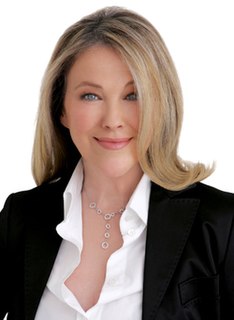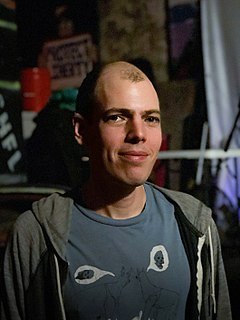A Quote by Rhys Darby
Back in the day, Barry Crump not only had these stories that talked about that kind of rustic personality, but also, he spoke volumes, I guess, of the relationships in the stories that he told in these books.
Related Quotes
Each of us is comprised of stories, stories not only about ourselves but stories about ancestors we never knew and people we've never met. We have stories we love to tell and stories we have never told anyone. The extent to which others know us is determined by the stories we choose to share. We extend a deep trust to someone when we say, "I'm going to tell you something I've never told anyone." Sharing stories creates trust because through stories we come to a recognition of how much we have in common.
Barry Crump wrote a lot of books and they were really special. They were kind of the quintessential, mild for the most part, kind of southern man, kind of the true heart of what it meant to be a Kiwi kind of farmer; very kind of outdoor man living off the land. That kind of thing, you don't see so much anymore these days with everyone being metrosexual and lattes and laptops.
If I like hardcore straight-edge punk music, gentle psychedelic folk music, gangster rap, indie-rock with a lot of guitar pedals, and I find inspiration from all these things in different songs of mine, shouldn't I be allowed to make any of this kind of music that I want? And it's the same for the comic books, why should I only make autobiographical stories? Or only political stories? Or only superhero stories? Or only comedy stories? I am a bit creatively desperate, when I sit with a pen and paper I am desperate for ANY idea that makes me excited, I don't care what kind of idea it is!
Some time ago a publisher told me that there are four kinds of books that seldom, if ever, lose money in the United States--first,murder stories; secondly, novels in which the heroine is forcibly overcome by the hero; thirdly, volumes on spiritualism, occultism and other such claptrap, and fourthly, books on Lincoln.
He would talk to them of stories and books, and explain to them how stories wanted to be told and books wanted to be read, and how everything that they ever needed to know about life and the land of which he wrote, or about any land or realm that they could imagine, was contained in books. And some of the children understood, and some did not.
Then I celebrated my Wall of Books. I counted the volumes on my twenty-foot-long modernist bookshelf to make sure none had been misplaced or used as kindling by my subtenant. “You’re my sacred ones,” I told the books. “No one but me still cares about you. But I’m going to keep you with me forever. And one day I’ll make you important again.” I thought about that terrible calumny of the new generation: that books smell.































